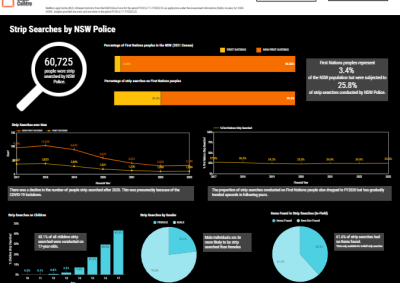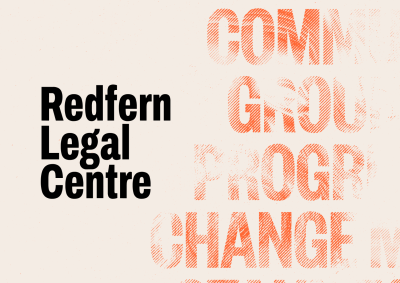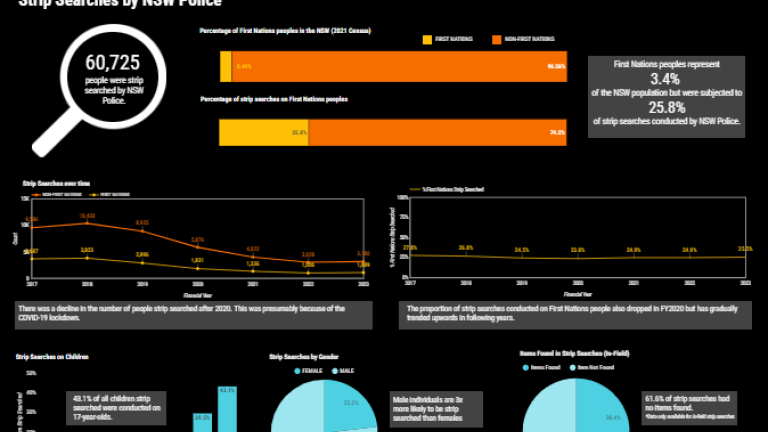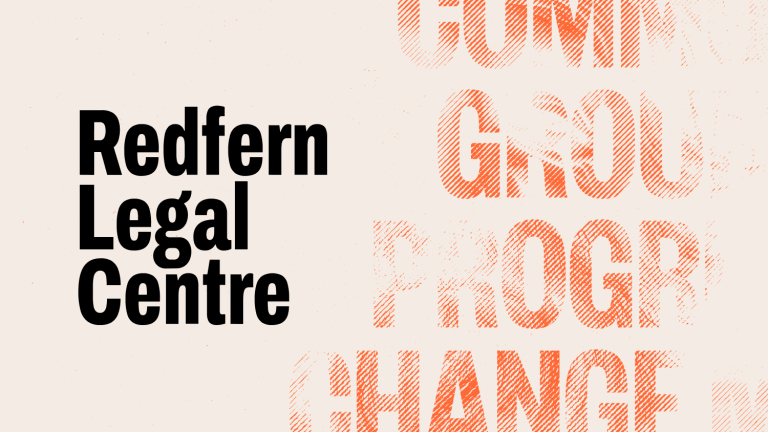Police accountability
Information on police powers and your rights, and resources to help you make police complaints.
Typical police accountability problems
RLC provides free and confidential legal advice to people across NSW about police powers.
We also provide advice on decision-making by government agencies and complaints processes administered by government.
We can advise you about issues including:
- Police harassment
- General searches
- Strip searches
- Arrests
- Excessive force
- Failure to investigate
- Fines, including COVID-19 fines
- Access to police records
We offer representation in matters involving serious complaints about the police.
Please note: RLC does not advise on most criminal matters.
Other important contacts
- The Law Enforcement Conduct Commission (LECC) is the independent police watchdog in NSW. The LECC investigates serious misconduct and maladministration by NSW Police and reviews and oversees serious complaints. Phone: 02 9321 6700.
- The NSW Police GIPA Information Access Unit processes applications for access to information held by NSW Police. Phone 02 9689 7122.
How to contact us
To request free legal advice about police complaints, or police and government accountability:
- Complete our online enquiry form, or
- Call us on (02) 9698 7277
complete our online form call 02 9698 7277
If we are able to advise you, we will arrange for a solicitor to call you back. If we are not able to assist you we may refer you to other services and resources, including those listed below. Learn more about accessing our services.
How do I make a police complaint?
Police powers self-help topics
Factsheets and other resources on general police powers issues
Prior to making a police complaint, it is generally recommended you apply to obtain police records relating to your complaint matter. To obtain police records you must make an application under the Government Information (Public Access) Act 2009 (NSW).
If you’ve been stopped or arrested by police this incident may have been filmed. You can ask to see this footage or request that the footage not be destroyed using the templates and information below:
-
Retaining CCTV footage held by police or a private business (template letter)
If you are attending a public protest, it is important to know your rights and the limits of police powers.
- Factsheet: New Offences for Blockading Roads and Major Facilities
- Quick Tips – Police Powers & Your Rights
- Your right to protest: A guide for activists in NSW (Granta Fund and CounterAid)
- Recording the police: information about your rights (Copwatch)
See also
Harsh new protest laws passed in NSW (March 2022)
Factsheets and links to information to help you deal with fines, or request a review if you believe you have been fined incorrectly.
-
Fine review guidelines. This NSW Government resource outlines common review scenarios and will help you when requesting a review of your fine.
- Reporting Sexual Assault to Police (Redfern Legal Centre factsheet)
- Sexual assault: your rights and the law (Woman's Legal Service NSW factsheet)
- Reporting sexual assault (NSW Police)
- Everything you need to know about AVOs (Legal Aid factsheet)
Fines lawcodes
Type in the fine lawcode/ offence code which is usually located on the penalty notice to see details of the offence on the NSW Lawcode Database.
Other useful links
Law reform updates





